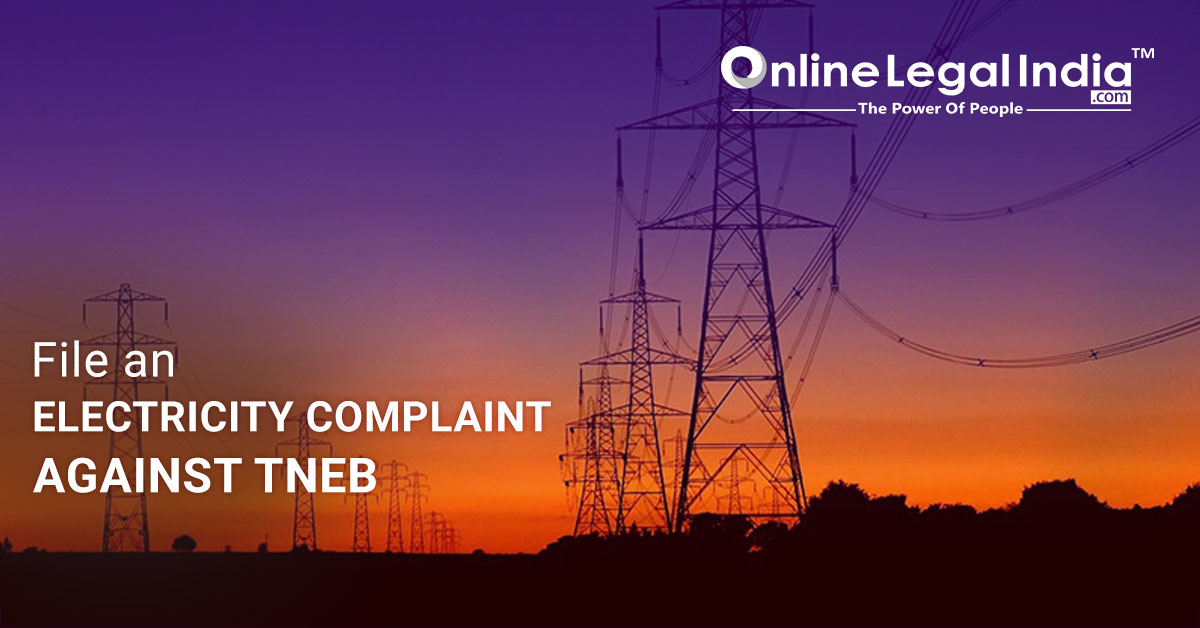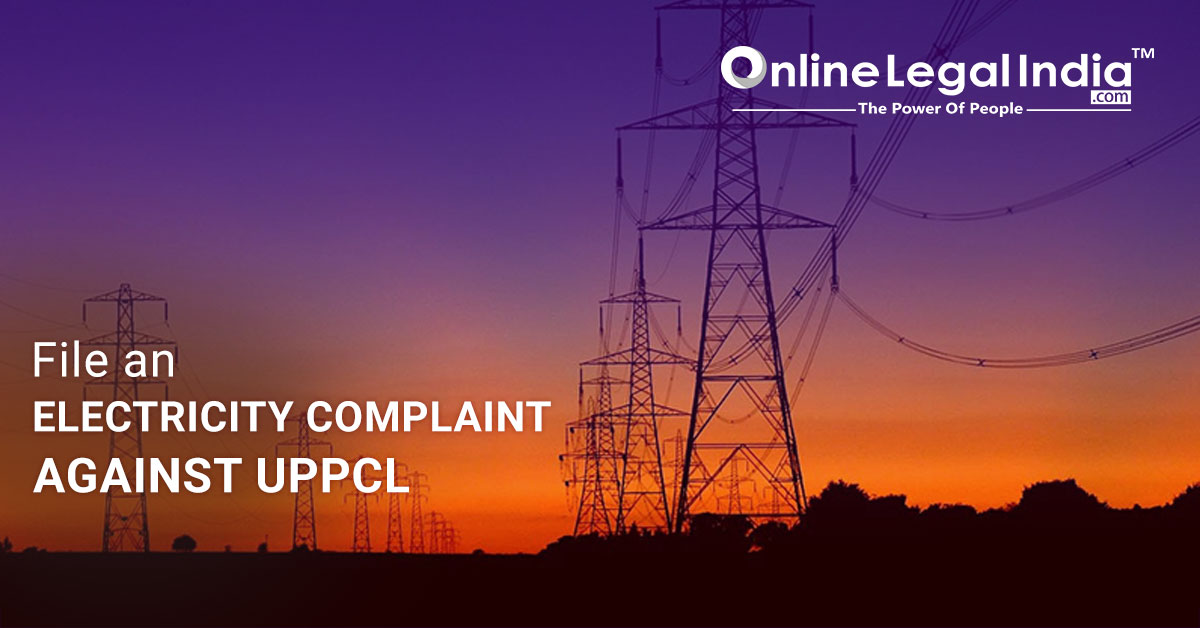Know the Cost to trademark a name and all the fees required
23 Apr, 2024

 By Online Legal India
Published On 09 Nov 2020
Updated On 31 Dec 2021
Category Divorce
By Online Legal India
Published On 09 Nov 2020
Updated On 31 Dec 2021
Category Divorce
Nowadays marriage between two people has their own say when it comes to searching a good life partner. The days had gone by when people used to marry wherever their parents decided to blindly. Having said that, people often fall in love or come across someone not knowing their caste and religion. The Special Marriage Act 1954, therefore, a special law enacted to provide for a unique form of marriage by registration wherein the parties to the marriage do not have to renounce their religion, beliefs, tradition & culture. This article although concentrates on the grounds on which a divorce can be filed.
The Grounds for Divorce in the Special Marriage Act operates on the following aspects:-
A wife can also present a petition for the dissolution of her marriage on the grounds:
It additionally gives the provisions to either of the party to approach the District Court for the dissolution of marriage under the Special Marriage Act, 1954.
Visit the portal of Online Legal India™ to know more about it from our legal experts. We have a team of highly qualified advocate, who will guide you throughout the entire process from drafting a divorce notice to giving you legal advice.

Know the Cost to trademark a name and all the fees required
23 Apr, 2024

How to Register a Brand Name
17 Apr, 2024

How Can You Download FSSAI Certificate?
15 Apr, 2024

Copyright a Business Name Know the Procedure
13 Apr, 2024

Top 10 Law Firms in India
11 Apr, 2024

Consumer Complaint against Tamil Nadu Electricity Board TNEB
30 Nov, 2020

How to Take Legal Action against Mental Harassment in India?
07 Nov, 2020

UPPCL Uttar Pradesh Power Corporation Ltd. Complaint Filing
19 Nov, 2020

How to File a Complaint Online in Consumer Court in India
27 Nov, 2020

Online Complaint Filing against Hero Motocorp
04 Dec, 2020